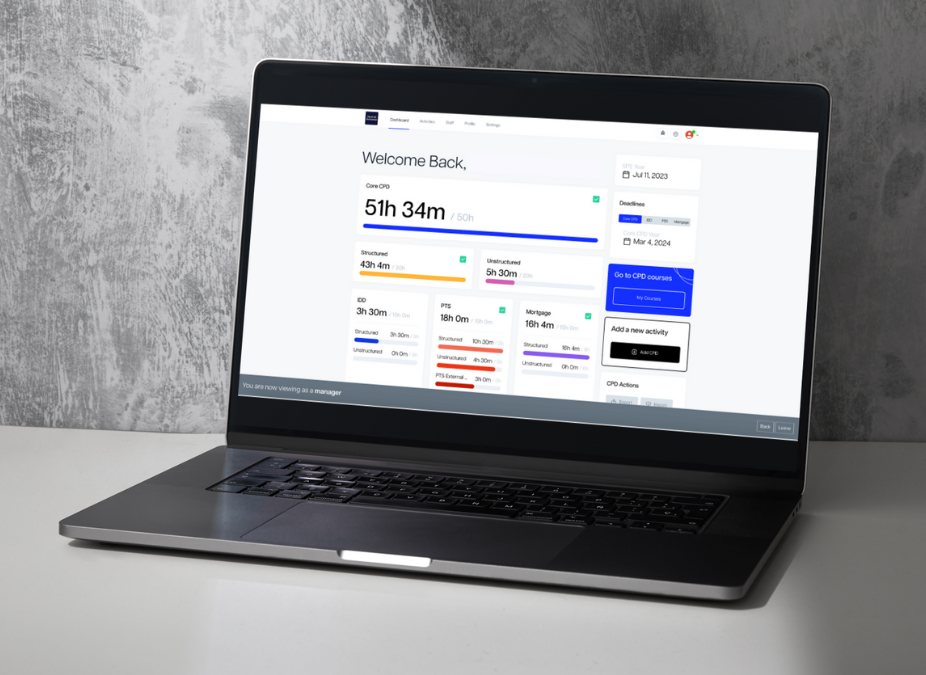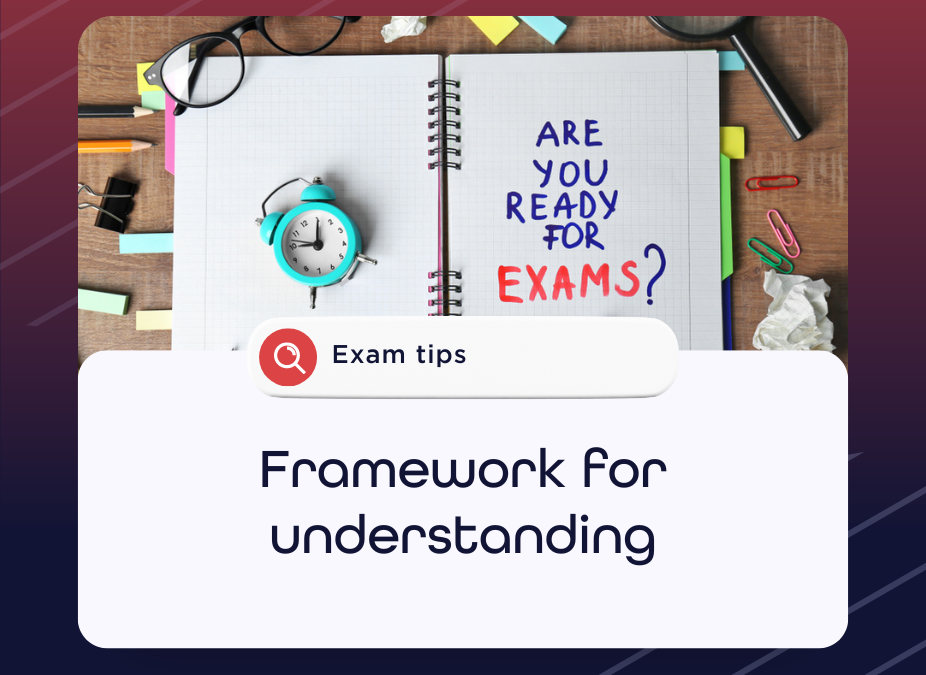Organisations have become more serious about making training a priority over the last few years and it appears that this year will be no exception.
Reports have shown that organisations are increasing their training budgets. According to the Training Industry Magazine’s 2019 Training Industry Report, 42% of organisations increased their spending on training this past year.
So, how should you be preparing your L&D operation?
Here are five training priorities for 2020:
1. Market your online learning to your organisation’s employees
When all your employees work in one place, it’s easy to remind them about your L&D programmes. But with increasingly remote workforces made up of busy employees, you may need to remind your employees to take learning. In some cases you might have to tell your learners that your learning program exists. LinkedIn found that while more than half of L&D teams listed increasing engagement as their top challenge in 2019, talent developers only spent 15% of their time marketing their courses to learners.
To improve engagement numbers, talent developers are going to have to think like marketers, sending out email blasts and using the company intranet to remind learners about their courses. Those channels work — 61% of learners find out about training through email — but L&D will want to think beyond those channels. Research shows that managers are the most effective way of boosting learner engagement; 75% of employees say they’d take a course assigned by their manager.
2. Increase customer satisfaction by providing soft skills training
Soft skills are people skills and companies need employees with good people skills. This is potentially the reason so many businesses are expanding their training programs; businesses are realising that they don’t have to hire people who are naturally polite, persuasive or organised. Sure, that would be ideal, but they’ve also realised they can train those skills.
That’s a big deal for roles like sales and customer service, which are soft skills-based, but it’s also important to any other job function, because, let’s be honest, people with good soft skills are pleasant to work with and good problem solvers.
Need proof? According to Linkedin, the most desired skill of all in 2019 was a soft skill: creativity. (It was closely followed by persuasion, analytical reasoning, collaboration, and flexibility.)
As a bonus, you don’t have to develop your own learning content — soft skills are universal, so you can often buy soft skills training content off the shelf, which is much more time and cost-effective than building that content yourself.
3. Boost completion rates by offering the training workers need
Time and training are a complicated mix, especially now that many training programs are online and self-directed. Training managers might feel employees don’t make the time for training, while learners might feel like they don’t have enough time to take all their modules. Then there’s the problem of taking training when workers are off the clock; 75% of learners would prefer to take training in spare time at work, according to LinkedIn.
That can be a problem when there’s not spare time at work. However, consistent training is important; according to the LinkedIn report, employees who spend more than five hours a week learning are more likely to know where they want to go in their careers, find greater purpose, and feel less stressed. Learners who spend one to five hours learning showed some of the same benefits as well.
A way of combating this problem is to offer just-in-time training — quick training modules that offer exactly what workers need right when they need the information. Just-in-time training should answer a question that is likely to come up on the job: how do I handle a customer with a specific query, or how do I do this one task.
Think of it as training’s answer to the YouTube video.
4. Boost retention with micro-learning
Another reason employees may dislike longer learning modules — they might not remember everything they learned after a long course.
Micro-learning — short bursts of information that are easy to follow and understand — is a way to boost retention, by making small, intensely-focused chunks of learning available to learners whenever they need it. How? Research shows humans learn better when they’re given quick, relevant lessons.
By giving them short lessons, one at a time, micro-learning is an effective way to boost learners’ retention and get new information into their hands (and heads) quickly.
5. Onboard quickly when you welcome Generation Z
When it comes to the workforce, Millennials have been here for a while, and Gen X is now more or less running the show. Generation Z, however, is just starting their careers.
How will you get these new workers up to speed quickly? Generation Z was born in the mid-1990s and barely remembers a time before mobile phones. They’ll expect learning to be mobile, online and easily accessible on their devices. Data shows that they also like their learning to be self-directed and independent, so you’ll want to make sure your mobile learning is up to snuff (which it should be, since you’ve been training Millennials for years already).
Preparing for your upcoming year of training
As L&D departments prepare for 2020, they’re setting aside funds for a variety of items. According to Training Industry, 20% of organizations are planning to invest in games and simulations for example, while 25% plan to spend on classroom tools and systems.
The vast majority, however, are investing in online learning — 44% plan to invest in learning systems and tools, 34% will spend on content development, 34% will purchase content authoring tools, and 31% plan to dig into their budget on Learning Management Systems (LMSs) in 2020.
That makes sense — an LMS is your best friend when it comes to tracking the learning metrics that matter to your business and serving training to your learners. By investing in an LMS with reporting features, you can track learners’ progress, identify skill gaps, and find ways to deliver the right training to your learners — wherever they are, and no matter their learning needs.
For our corporate clients, we have created a white label off the shelf solution for their business that’s a cost-effective way to develop and upskill their employees. Our learning and development platform extends beyond simply training and can be utilised as a business tool across induction, AML, and so much more… many of our existing corporate level clients have already integrated our platform into their business as an induction and training tool.
On the regulated learning and development side we have developed (and continue to develop) a full suite of Diploma and Advanced Diploma products.
We currently have;
AF1, AF4, AF5, AF7, R01, R02, R03, R04, R05, R06, ER1, CF8, J11, and the CISI Investment Advice Diploma. In addition, we have a full compliance and soft skills suite of learning modules.
Our learning programmes are independently CPD accredited and are released in full to all learners they are broken down into weekly chunks. We recommend you learn this way but don’t restrict those that prefer to cram the entire programme into a shorter time frame. We have weekly study guides, exam tips, exam guidance, timed testing, weekly assignments with model answers and video snippets.
Anyone can freely purchase our products through a couple of clicks but for our corporate clients we have something that’s special – Imagine having access to the power of our platform with the entire suite of Diploma and Advanced Diploma products, supported by highly qualified tutors and all wrapped up in a branded portal that’s unique to you.
You can find our corporate information by CLICKING HERE or BOOK a free demo and discover the power of our platform.
Learn without limits
Redmill Advance
Stay Connected!
Follow us on social media for the latest news and exclusive offers.




